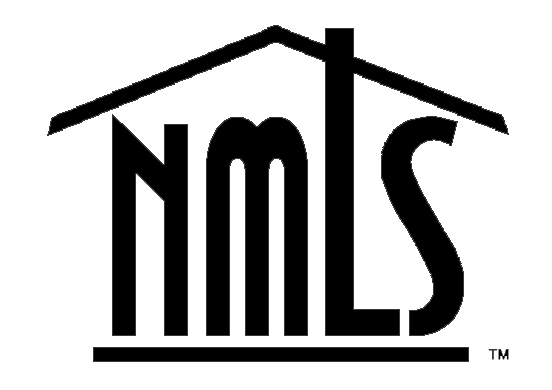Enjoy life on your own terms using the equity in your home
A reverse mortgage may be the solution you have been searching for
Planning for a rich and rewarding retirement, using home equity to continue living in your home, maintaining your health care, and enjoying more time with your children and grandchildren are just some of the ways in which a reverse mortgage could be an excellent resource to provide security for the years ahead.
Reverse Mortgages are offered to homeowners who are at least 62 years old and occupy the property. It can be used to convert a portion of their equity in their home into cash.
Reverse Mortgages are a planning tool for the future
Ideally, we will all have enough money to retire once we reach a certain age and know that our savings and investments will carry us through the golden years of our lives.
But we understand that life doesn't always go according to plan. We also know that using mortgage as a financial planning tool is a new concept to many people. For a long time, reverse mortgages had a negative connotation, but wise investors know that they can be a fantastic tool for planning a rewarding retirement.
Understanding and explaining the complexities of this special program is the heart of our reverse division, and we would be happy to speak with you today.
With a Reverse Mortgage, you may be able to...
Use your home equity
Low rates have made taking advantage of all financial planning tools incredibly important. Retain your home, afford healthcare, and allocate equity in other areas for financial growth.
Have the means to help your children
No one wants to feel like a burden, but having the means to help your children buy a multigenerational home in which you can reside makes planning easier.
Plan for long-term care
Make your own decisions when it comes to how you will spend your retirement, whether that is at home, a senior living community, or in the home of one of your children.
Align your financial strategy
Let our team walk you through the pros and cons of the reverse mortgage program to see if this is the right fit for you. There is absolutely no obligation.
We are happy to send you or your parents information about reverse mortgages
You can trust our team to help your family
Generational lending is our area of expertise. You have long- and short-term goals for your family, and we are here to give you the options you need to make the most informed decisions possible.

FAQ
Answers to some common questions about reverse mortgages


